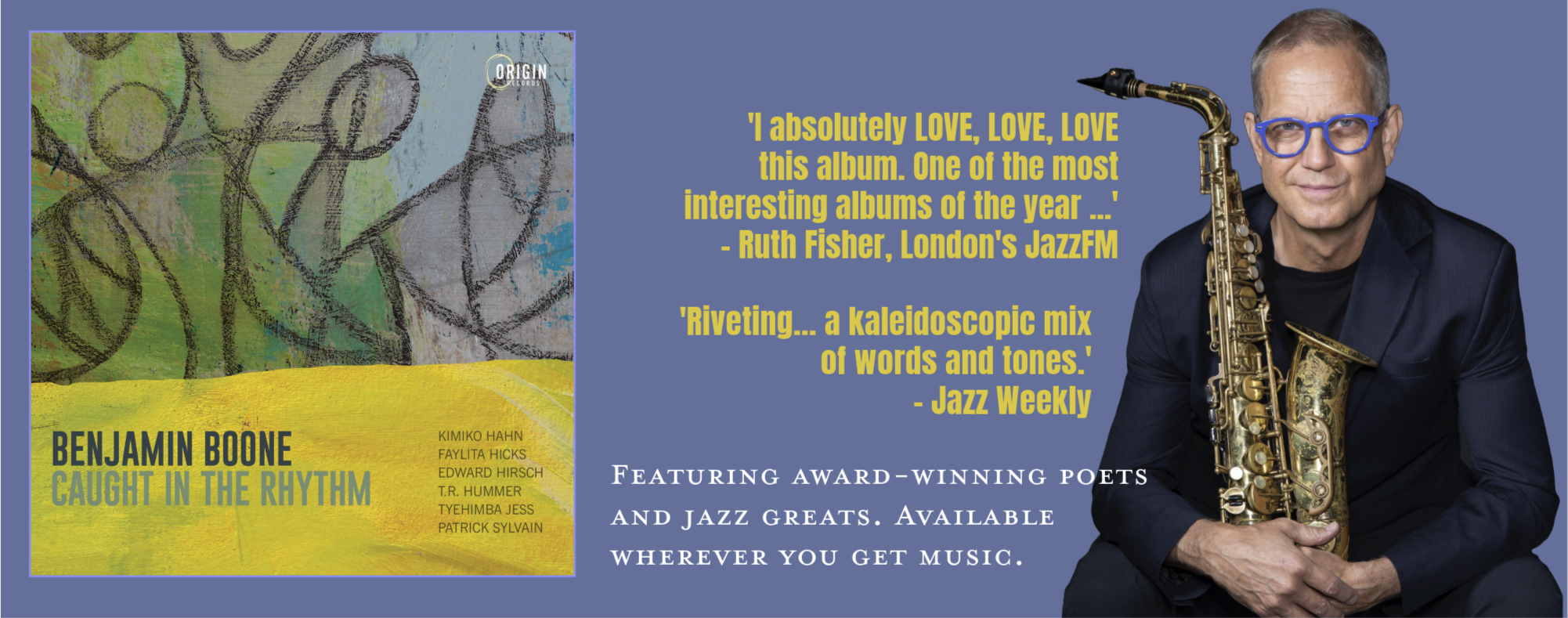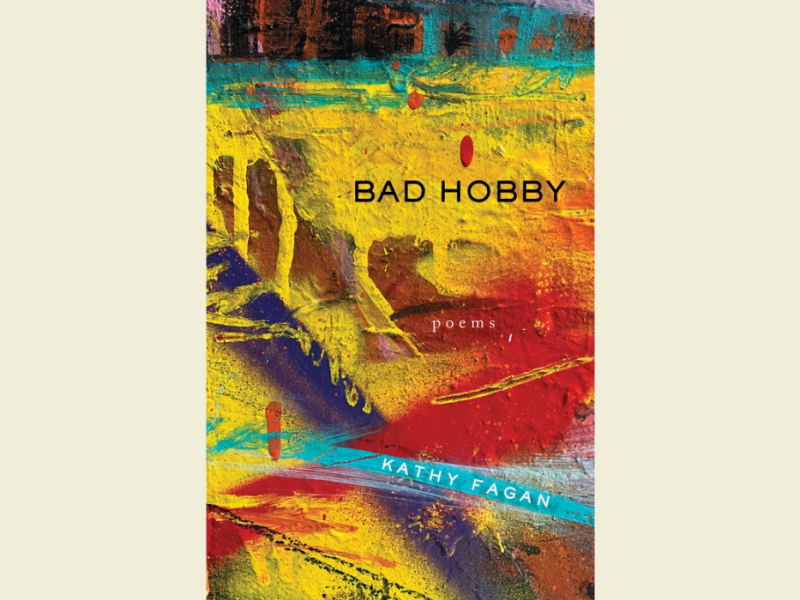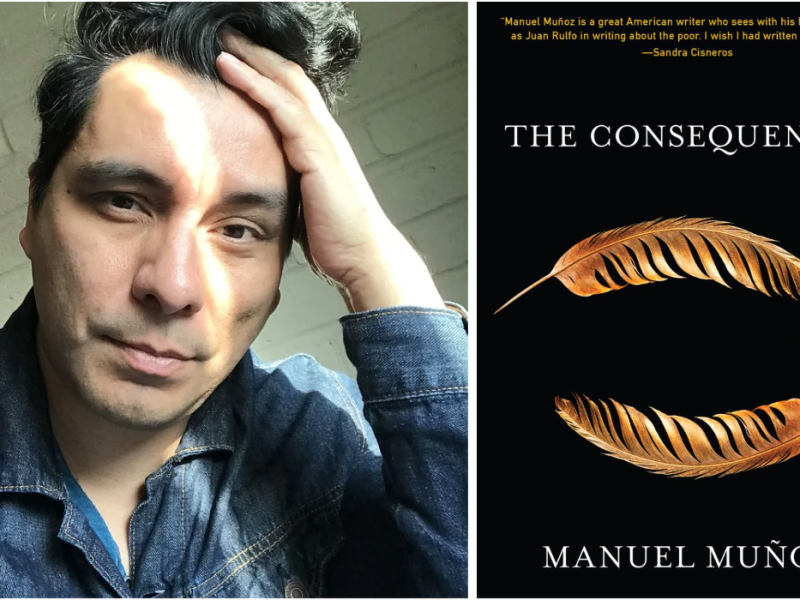These stories ‘for Change’ made me think, feel and share in this crazy thing called life
Note: I went to this Yonsei Memory Project event almost a week ago, and I’ve thought about it every day since. I knew I wanted to write something about it but wasn’t sure what the result would be. So I kept letting the words trickle out daily until I knew I was finished.
These were stories that cried, that snuck up on you, that fired up your indignation, that made you giggle. Some were raucous, messy and loud. Others were delivered with a slight quiver in the speaker’s voice, and you knew the act of delivering a monologue in front of 100 people could be a tale of triumph in itself.
This was the story of a compelling Saturday afternoon.
The event was “Storytelling for Change,” and it featured 11 fellows of the Yonsei Memory Project delivering work they’d been crafting for months. The Feb. 9 performance in Fresno State’s Madden Library felt intimate, authentic and profound. Founders Brynn Saito and Nikiko Masumoto, whose own storytelling work as fourth-generation Japanese-Americans has been critical in expanding awareness of America’s internment camps during World War II, helped the project participants develop and refine their tales for public consumption. The performance was originally slated for a run at the Fresno Soap Co. last fall, but the venue was vandalized just 48 hours before the performance, necessitating postponement of the event.
Here are a few of the stories that affected me:
Nohemi
Nohemi Samudio Gamis gets bad news from her doctor, and she puts us right there in the room when it happens. She learns she has a serious and rare disease that affects her lungs and other vital organs. (Nohemi describes herself as a “bag of Doritos” that puffs up with air when you take it to the mountains.) Sadly, she had to stop playing her beloved clarinet. At one point in her story, she describes taking her instrument out of the case and putting it together, one defiant piece at a time, and trying to blow a note. Her chest heaved. It hurt too much. The sudden excision of music from her life devastated her.
Bad news has a way of defying expectations. Nohemi thought that once she learned what was wrong with her, the worst would be over. But it wasn’t. Every day after was worse, she tells us.
She is a woman of strength, her attitude steely, her outlook assertively optimistic. But there is also a vulnerability in her words, an admission of hurt and fear, that makes my heart plunge. She leaves us with inspiration: “I’m learning to play a new instrument,” she says. “My voice.”
Cassandra
Cassandra Little, proud earner of a doctoral degree, surprises us. Her revelation, which comes a few minutes into her presentation, comes upon us as suddenly as a slap. Here she is one moment, telling us about her upbringing in crime-ridden East Palo Alto, impressing us with how she held her family together as a teenager while caring for her drug-addicted mother. Her success-story narrative as she cruises her way to becoming Dr. Cassandra unfolds with a feel-good predictability. And then, abruptly, she mentions the day she walked out of prison after serving 33 months for healthcare fraud.
Her story, it turns out, is not as placid as expected. Cassandra keeps us guessing. She shares a tale not of straightforward guilt or innocence but instead a subtle, startling reflection on the complexities of being human. As I listen, I think how easy it is to crave simple methods of classification: This is good; this is bad. This is all good; this is all bad. These dividing lines help organize and tidy a bewildering world. But people aren’t so easily categorized. They’re complicated. In her story, Cassandra weaves this complexity into the texture of the piece. I find her presentation bracing and revelatory.
Anjali
Anjali Kapoor-Davis has a moment of deja vu, and it’s about the strangest thing: She stands before the front door of her childhood home remembering a moment from kindergarten. In that memory, she fumbles her keys as she tries to get inside to make it to the toilet in time. She doesn’t. She feels a warm trickle down her leg.
More memories come back: how so many of the children in her class treated her differently because of her brown skin; how they called her derogatory names; how her teacher thought she must be “slow” because she said that monkeys live in gardens. (In India, they do.)
She remembers something else. She didn’t use the restroom at school because her only two friends in class were boys, and they couldn’t go into the girls’ restroom with her. She didn’t want to go in by herself because she was scared. Thus, the race to the toilet when she got home after school.
Anjali is a mother now, and as she alternates in her story between adulthood and childhood, she mentions how common it was back then for Indian-Americans to remain quiet about discrimination.
“We held it in,” she tells us, referring to two completely different things, and the double-meaning is clear. And funny.
Saburo
Saburo Masada tells not his story but that of his sister, who returned to Caruthers High School after being forced into an internment camp for the duration of World War II. The principal tells her that “we” don’t want any Japanese-Americans at graduation. She misses that milestone in her life. After the war, the discrimination and cruelty she faces is steady and dispiriting. But there are moments of hope, such as when she is taken in by the Italian-American family of one of her best friends (and learns how to make great lasagna in the process).
It is one thing to confront the World War II-era mistakes made in this country and let those facts be baked in our minds into dry, historical tidbits. It is another to hear the brother of a woman who lived through it, of a man who can barely choke back tears as he reads her words. That’s an entirely different thing.
In 2006, in a ceremony that must have felt big, bountiful and also very sad, Saburo’s niece accepted her mother’s diploma at the Caruthers High School graduation ceremony. I would have liked to have been there.
Iman
And there is Iman Alamri. She speaks of herself in the third person — “this little girl” — as if at first she can’t quite commit to putting all of herself up there on the podium. As a child, she wondered if she could ever summon the strength to emerge from her tight, shy shell. But she did. In high school, she stepped way out of her comfort zone by joining the school newspaper. She discovered her voice.
It made her feel something, she says, to see her byline and know that she, Iman, the girl who people overlook because she’s so quiet, made that happen. She got more comfortable in asserting herself. The shell cracked.
And now she is here, before a packed room, all eyes on her. It is a glorious moment. For this story, the ending is happy. I smile.










Emily Adams
A wonderful piece about beautiful stories! Thank you for sharing with us, Donald.
Susan Skomsvold
Yes, thank you Donald for allowing us to be there. Your sharing of their stories inspired me to attend the next time, if that’s possible.
dkzody
Thank you so much for sharing these stories. I had this event on my calendar. I was looking forward to hearing these voices. I yearn for stories like these. And then, a need in the community where I devote much of my time and energy called for my attention at the very same time as these stories were being told.
Although sad to miss the stories, I knew I was needed elsewhere so I went and fulfilled my obligation. And, now, you share some of the stories, and that warms my heart.